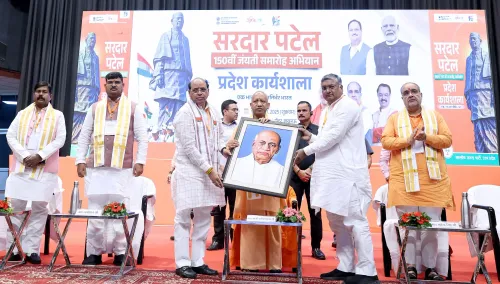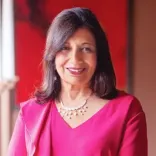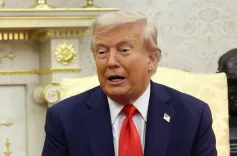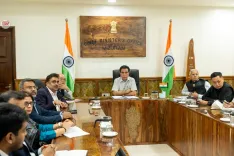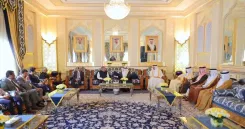Is the BRICS Grouping a Pathway Towards a Fairer Global Order?
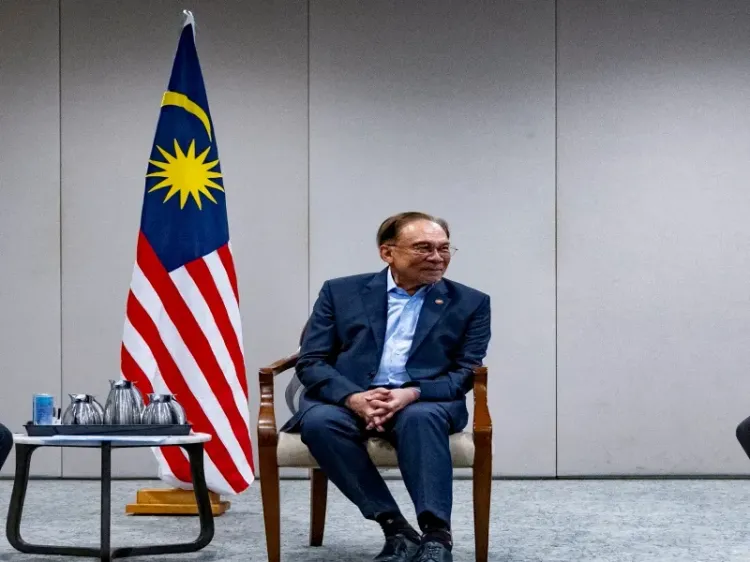
Synopsis
Key Takeaways
- BRICS represents a significant opportunity for a fairer global order.
- Reforms in global institutions are essential to reflect modern realities.
- Collaboration between BRICS and ASEAN can enhance mutual benefits.
- The Pahalgam terror attack was condemned by BRICS leaders.
- The 'Rio de Janeiro Declaration' emphasizes a unified stance against terrorism.
Kuala Lumpur, July 7 (NationPress) The BRICS alliance, recognized as a formidable and principled coalition, offers a chance to forge a more equitable and just global order, asserted Malaysian Prime Minister Anwar Ibrahim.
He emphasized the necessity for reforming legacy international organizations to better represent the evolving global landscape and reflect the aspirations of developing nations, as reported by Xinhua news agency.
"I advocate for a comprehensive transformation of global institutions such as the United Nations, the International Monetary Fund, the World Bank, and the World Trade Organization, to align with contemporary realities and the requirements of developing countries, rather than being constrained by outdated post-World War II frameworks," stated the Malaysian Prime Minister.
While attending the 17th BRICS Summit hosted by Brazil, Anwar highlighted the importance of enhancing economic collaboration among member nations and with regional entities like the Association of Southeast Asian Nations (ASEAN).
"Members of BRICS and ASEAN should continue to bolster strategic partnerships, focusing on improving cross-regional trade and investment for the mutual benefit of developing countries," he remarked.
The BRICS is an intergovernmental organization consisting of 10 nations – Brazil, Russia, India, China, South Africa, Egypt, Ethiopia, Indonesia, Iran, and the United Arab Emirates.
The inaugural summit in 2009 featured the founding members: Brazil, Russia, India, and China, later adopting the acronym BRIC.
In a significant diplomatic achievement for India under Prime Minister Narendra Modi, leaders of the BRICS countries vehemently condemned the April 22 Pahalgam terror attack, reiterating their resolve to combat the cross-border movement of terrorists, terror financing, and safe havens, while also taking coordinated action against all UN-designated terrorists and terrorist entities.
The tragic incident resulted in the deaths of 26 innocent tourists in a Pakistan-sponsored terror attack in Jammu and Kashmir, an act of violence that has drawn global condemnation.
The 'Rio de Janeiro Declaration' adopted following the first day's proceedings of the 17th BRICS Summit in Brazil expressed a "strong condemnation of any acts of terrorism as both criminal and unjustifiable," irrespective of their motives, whenever, wherever, and by whomever they are committed.
"We denounce in the strongest possible terms the terrorist attack in Jammu and Kashmir on April 22, 2025, which led to the loss of at least 26 lives and inflicted injuries on many others. We reaffirm our commitment to fighting terrorism in all its forms and manifestations, including the cross-border movement of terrorists, terrorism financing, and safe havens," stated Paragraph 34 of the Rio Declaration.

